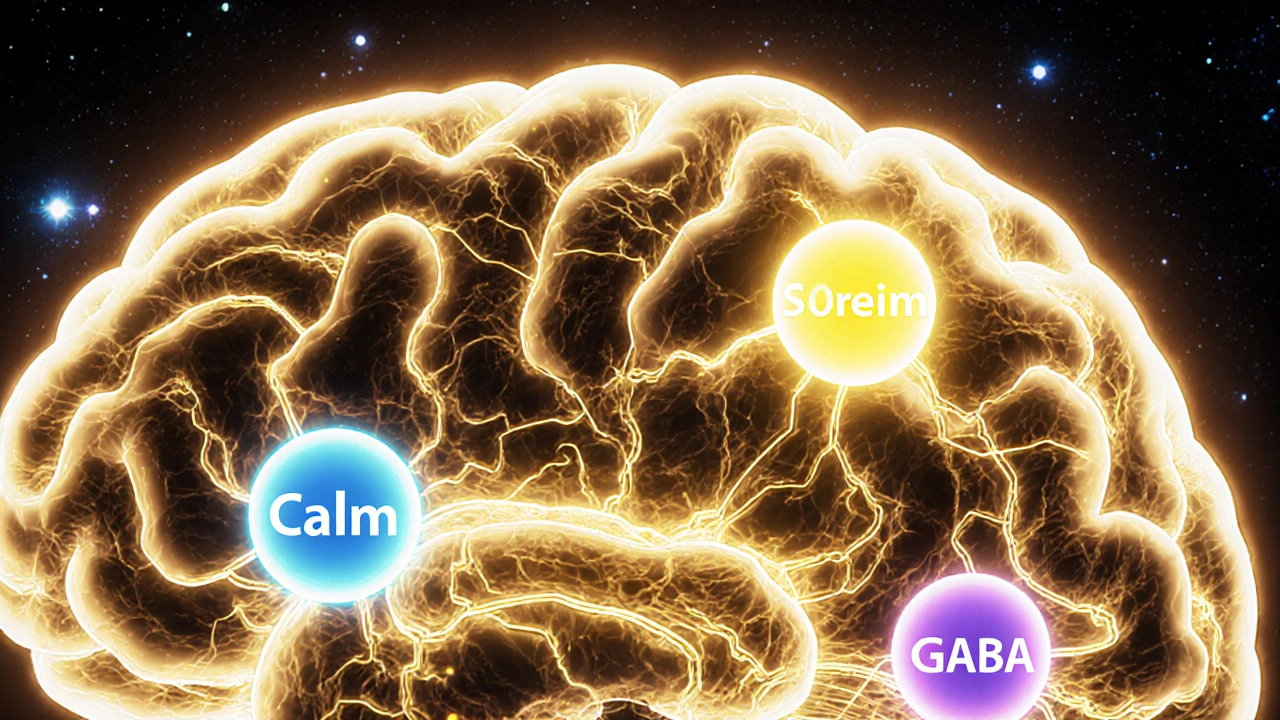Pyridoxine: What It Does, Who Needs It, and What to Watch For
When you hear pyridoxine, the active form of vitamin B6 that helps your body turn food into energy and make neurotransmitters like serotonin and dopamine. Also known as vitamin B6, it’s not just another supplement—it’s a daily helper for your brain, nerves, and blood. Most people get enough from food—chicken, fish, bananas, potatoes, chickpeas—but some don’t. If you’re on certain meds, pregnant, older, or have kidney or liver issues, your body might not hold onto it well.
Low pyridoxine can sneak up on you. You might feel tired, irritable, or get tingling in your hands. In serious cases, it can lead to seizures or anemia. But too much? That’s a problem too. Long-term high doses—usually from supplements over 100 mg a day—can damage your nerves. You won’t feel it right away, but over time, your balance and coordination can go downhill. The FDA doesn’t set a strict upper limit, but most experts say stick under 100 mg unless a doctor says otherwise.
Pyridoxine doesn’t work alone. It teams up with other B vitamins and interacts with drugs you might already be taking. For example, if you’re on isoniazid for tuberculosis, your body burns through B6 faster. Same goes for some seizure meds and birth control pills. Even some OTC cold remedies can mess with how your body uses it. And while you might see B6 pushed for morning sickness or PMS, the science is mixed. Some women swear by it, others feel nothing. It’s not a magic fix.
What you’ll find below are real stories and facts from people who’ve dealt with B6—whether they needed it, took too much, or had side effects they didn’t expect. We’ve pulled posts that talk about how it affects nerve health, what happens when it clashes with other meds, and how to tell if you’re actually deficient. No fluff. No guesswork. Just what works, what doesn’t, and what you need to ask your doctor before popping another pill.
How Pyridoxine Supports a Healthy Nervous System
Pyridoxine, or vitamin B6, is essential for producing neurotransmitters that keep your nervous system running smoothly. Learn how it affects mood, sleep, and nerve function-and what happens when you're low.
learn more